Break through 10 trillion yuan, a record high! Focus on industry, private enterprises have made outstanding achievements in import and export.
CCTV News:The General Administration of Customs recently announced that in the first quarter of 2024, China’s import and export scale exceeded 10 trillion yuan for the first time in the same period, and the growth rate of import and export reached a new high in six quarters. Among them, the import and export of private enterprises maintained double-digit growth, with outstanding achievements. In the first quarter, the import and export of private enterprises in China was 5.53 trillion yuan, up by 10.7%, accounting for 54.3% of the total import and export value, accounting for half of the total foreign trade value in the first quarter of the country.
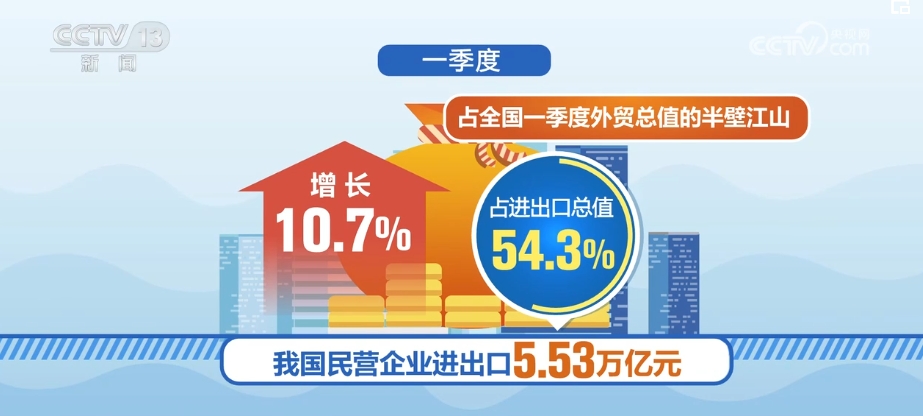
The "intelligence" of a pair of sports shoes
Private economy is a new force to promote Chinese modernization and an important foundation for high-quality development. In Fujian, when it comes to the private economy, Jinjiang will definitely be mentioned. As one of the origins of China’s private economy, Jinjiang currently has 96,000 private enterprises, accounting for more than 97% of local enterprises, and its output value, tax revenue and jobs account for over 90%.
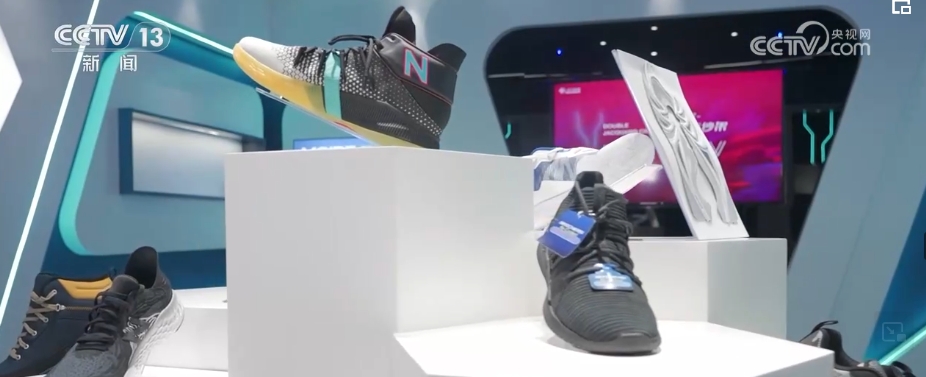
In a sports shoes production base in Jinjiang, the reporter saw a pair of "ultra-lightweight" running shoes of about 200 grams. According to the person in charge of production, every weight reduction of 1 gram will reduce the physical consumption of athletes, thus improving the performance of the competition.
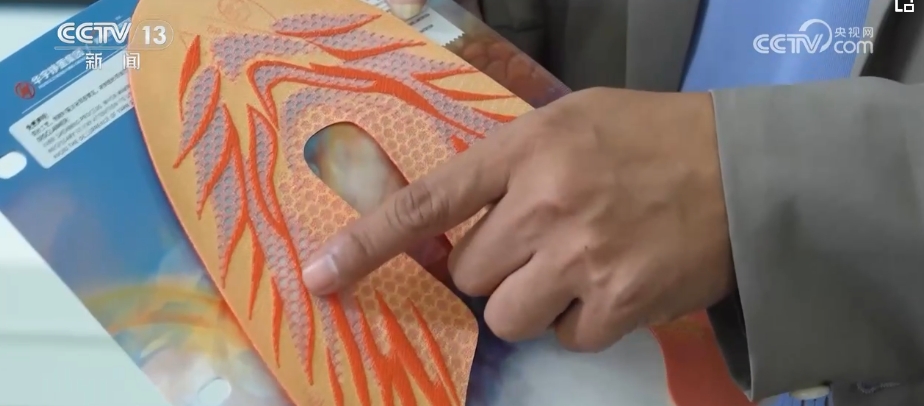
Su Chengyu is the head of a sports shoe fabric manufacturer in Jinjiang. He showed the reporter a newly designed sports shoe fabric with China traditional cultural elements.
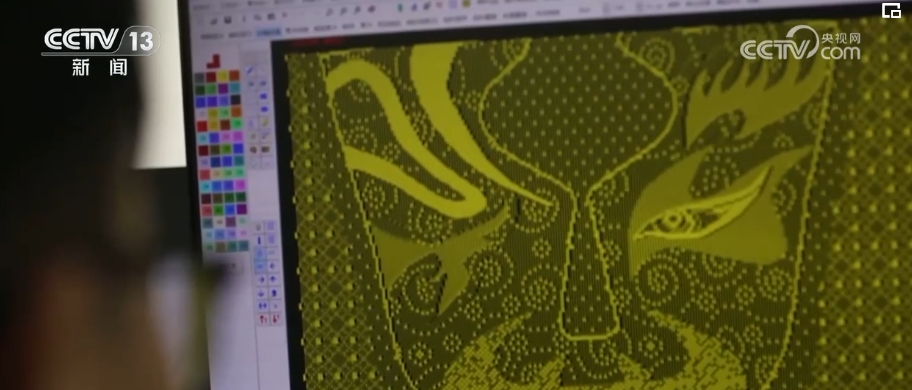
Su Chengyu introduced that a pair of sports shoes must go through at least 100 processes, from yarn, cloth, soles to finished products, which can be quickly found within a radius of 50 kilometers in Jinjiang.
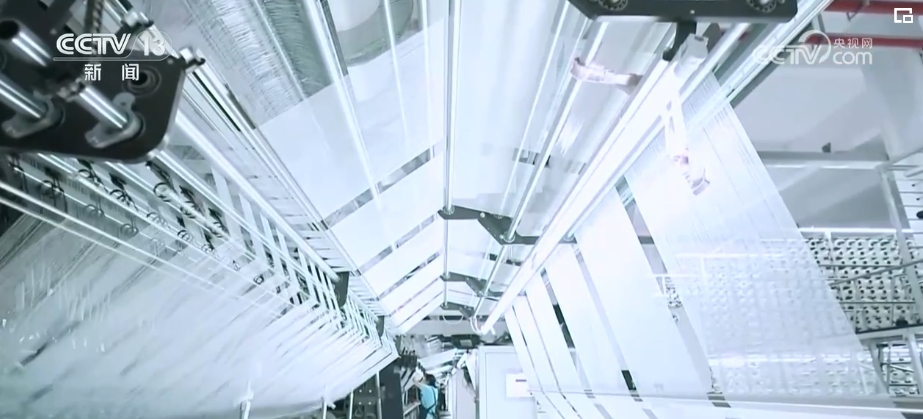
This traditional weaving enterprise has continuously increased its investment in smart manufacturing in recent years, and now it has grown into a national-level manufacturing single champion enterprise.
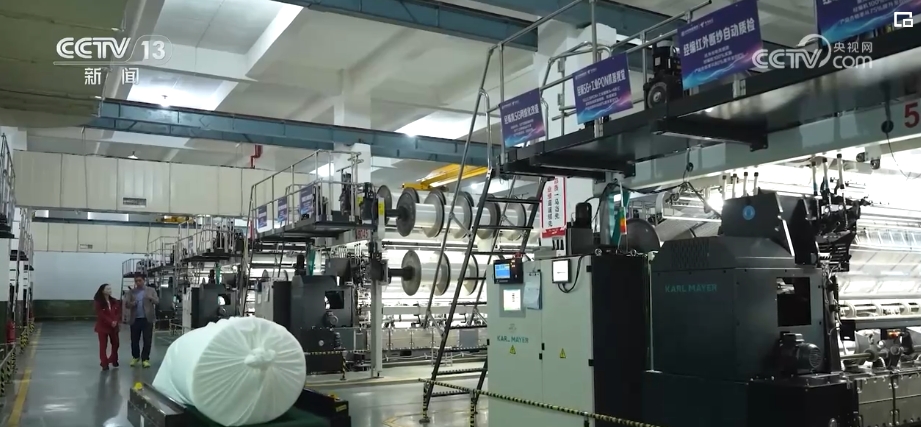
Walking into Su Chengyu’s 5G smart workshop, he suddenly entered a "future factory". The whole process is digitized from visual inspection, automatic cloth finding, automatic production scheduling system and automatic logistics distribution system at the production end. Su Chengyu introduced that this intelligent workshop has been recognized as an excellent application scenario of national intelligent manufacturing by the Ministry of Industry and Information Technology.
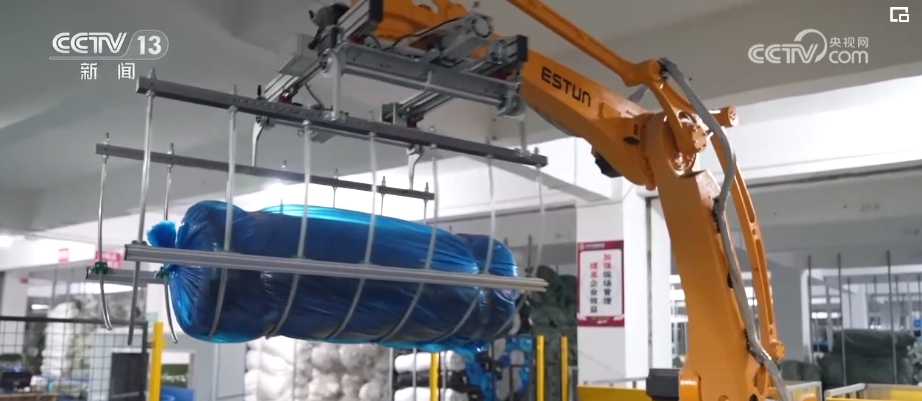
From "traditional factory" to "future factory", from traditional industry enterprises to leading enterprises with new quality productivity, the digital transformation of this enterprise is a microcosm of the high-tech and intelligent traditional industries in Jinjiang.
In the first quarter, the import and export of private enterprises in Jinjiang increased by 46.2% year on year.
According to the latest statistics of Quanzhou Customs, in the first quarter of 2024, Jinjiang’s foreign trade import and export was 21.83 billion yuan, a year-on-year increase of 40.5%, which was 35.5 percentage points higher than the national growth rate. Among them, the import and export of private enterprises in Jinjiang was 16.47 billion yuan, a year-on-year increase of 46.2%.
RCEP Releases Policy Dividend to Stimulate New Motive Force of Foreign Trade
In June 2023, the Regional Comprehensive Economic Partnership Agreement (RCEP) came into full force for 15 signatories, further helping private enterprises in China to enhance their international competitiveness.
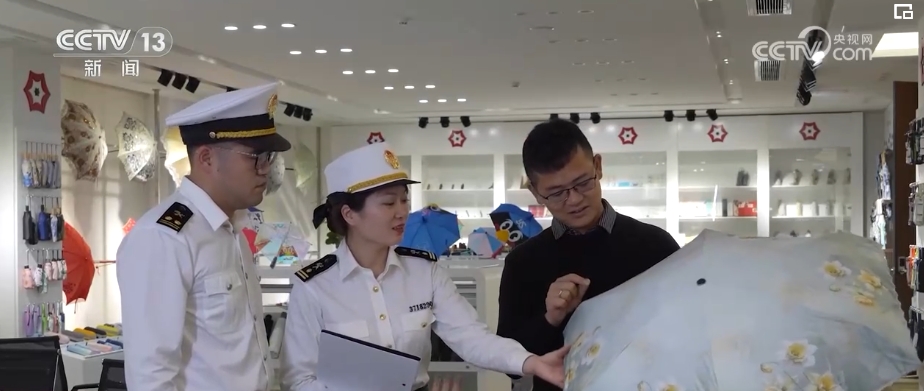
As a front-line customs officer, one of Ye Jueling’s important tasks is to visit private enterprises in the area under her jurisdiction, understand the trade needs of enterprises in time, and guide enterprises to make good use of foreign trade policy dividends.
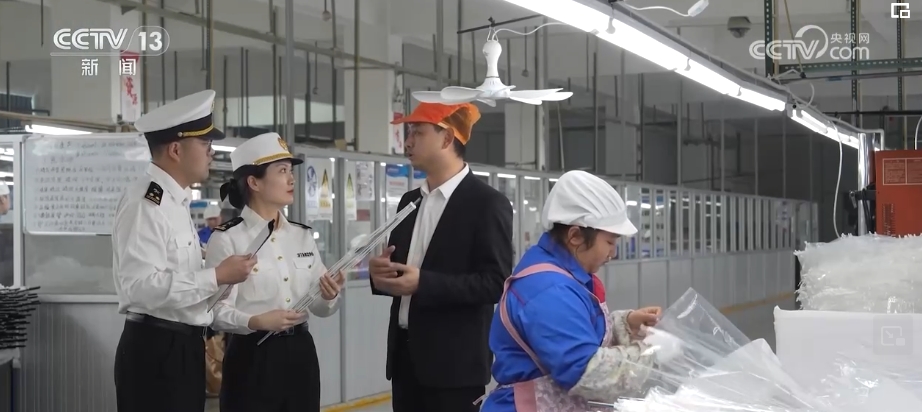
Ye Yuling introduced that in the first quarter of 2024, the number of applications for RCEP certificates of origin in Quanzhou reached 1,074, an increase of 18.28% year-on-year, and the total value of visas exceeded 350 million yuan. In other words, foreign trade enterprises in Quanzhou can enjoy more than 5.3 million yuan in tariff concessions in importing countries, benefiting more than 200 foreign trade enterprises.
News link: RCEP certificate of origin
Regional Comprehensive Economic Partnership Agreement (RCEP) is a free trade agreement covering the world’s largest population and the largest economic and trade scale. More than 90% of goods trade in the region will eventually achieve zero tariffs.
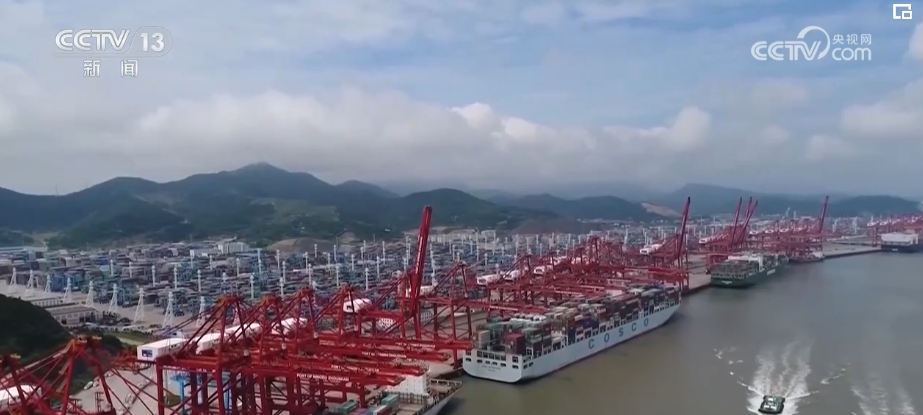
The certificate of origin is equivalent to a "coupon", and the holder can enjoy preferential trade treatment among member countries, including reducing or exempting tariffs. These certificates are usually issued by the customs of the exporting country or the CCPIT, and have a unique number, which is an important certificate for export commodities to enjoy tariff preferences in FTA abroad.
Jinjiang people love to fight and fight to win.
In July 2023, "Continuous innovation and development ‘ Jinjiang experience ’ " It was written into Opinions of the Central Committee of the Communist Party of China and the State Council on Promoting the Development and Growth of Private Economy. On the first working day in 2024, the "First Meeting of the New Year" of the National Development and Reform Commission organized and held a conference in Jinjiang to innovate and develop "Jinjiang Experience" to promote the high-quality development of the private economy. Under the guidance of "Jinjiang Experience", how can Jinjiang’s private economy achieve high-quality development?
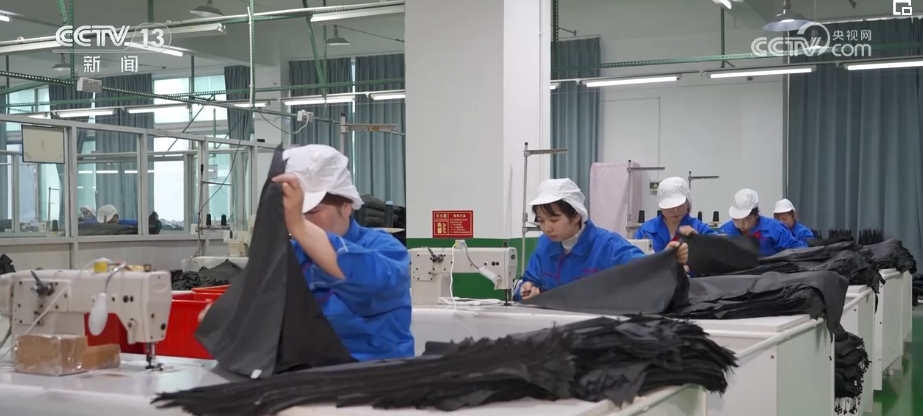
Ye Yuling introduced that the biggest feature of private enterprises in Jinjiang is to focus on making a good product for a long time and truly achieve "specialization and novelty". Through technological innovation, this umbrella manufacturer took the lead in using environmental protection materials in the industry to achieve green production and sustainable development.
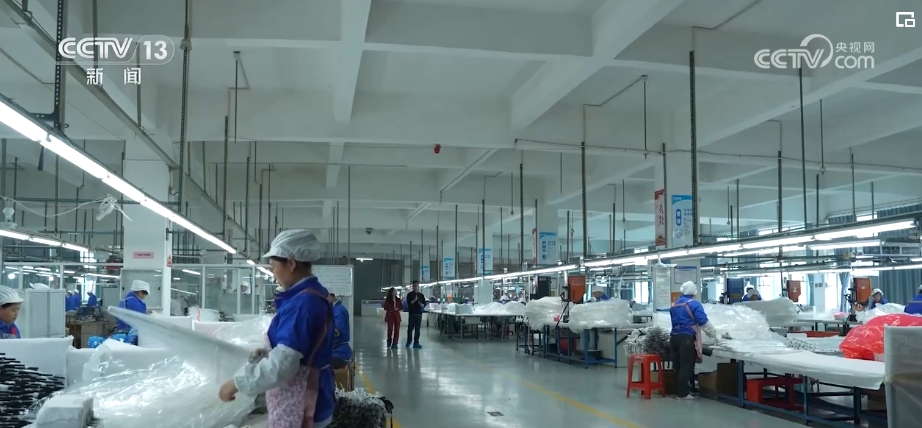
Since 1994, this private enterprise has been engaged in the umbrella business, and has produced nearly 1 billion umbrellas in the past 30 years.
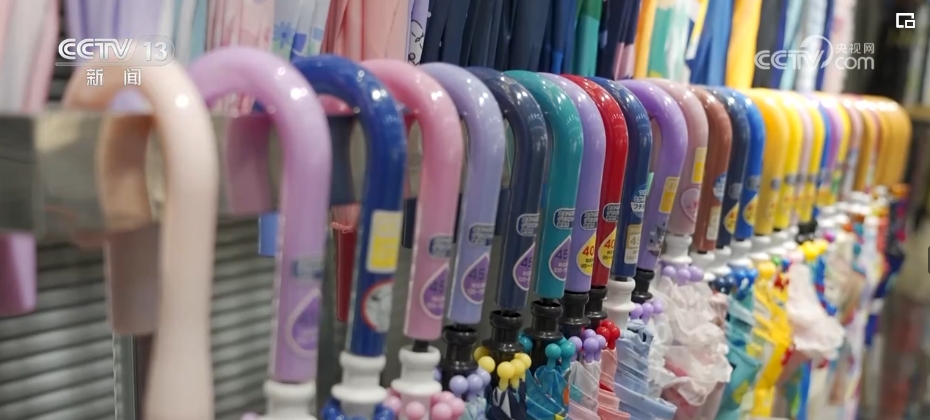
Looking around the world, 30 out of every 100 swimsuits are from Jinjiang, and one out of every three umbrellas is produced by Jinjiang. Jinjiang’s production of sports shoes accounts for 20% of the global market, and exterior wall ceramics accounts for 60% of the whole country. Jinjiang people love to fight, and they will win if they love to fight. They innovate in hard work and develop in innovation.
Concentrate on doing business, private enterprises develop and grow.
As a big city of private economy, Jinjiang has continuously realized the high-quality development of foreign trade by making good use of the "golden key" of "Jinjiang experience".
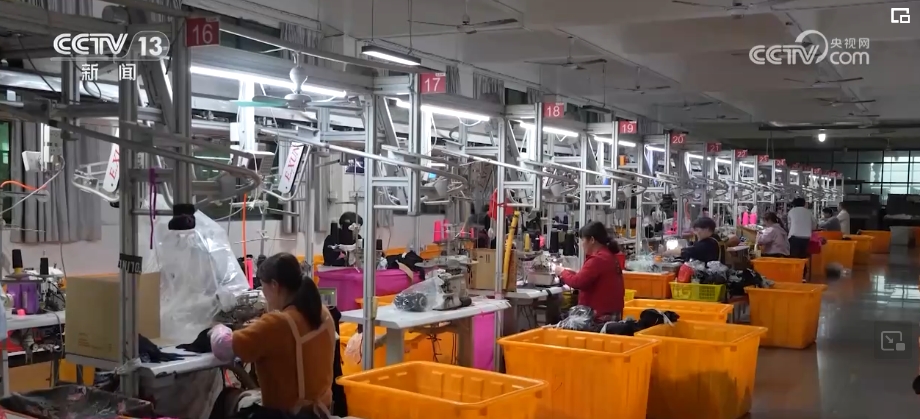
Many private enterprises in Jinjiang are practitioners and beneficiaries of "Jinjiang Experience". Under the guidance of "Jinjiang Experience", Jinjiang, with only 649 square kilometers, has 15 regional brands and 46 well-known trademarks, such as China Shoes Capital and World Jacket Capital. Many private enterprises in Jinjiang, which are renowned at home and abroad in different fields, have developed and become the industry benchmark of China.
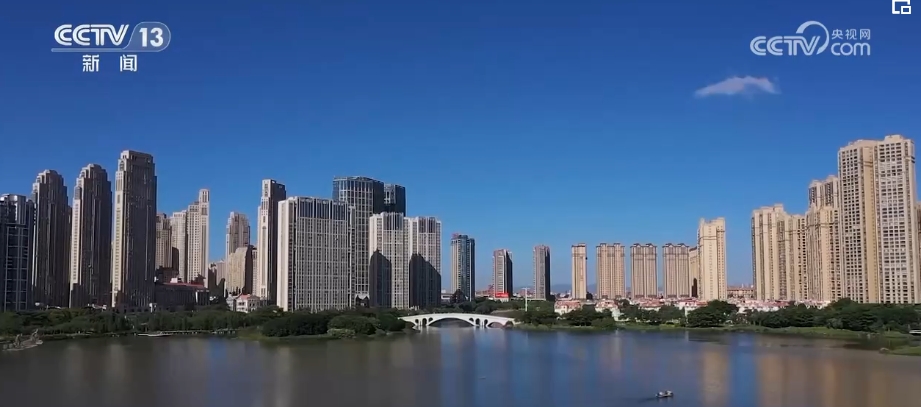
It started in Jinjiang, but not only in Jinjiang. Nowadays, in counties and cities of Quanzhou, the "Jinjiang experience" is passed down from generation to generation, and the private economy and social development resonate at the same frequency.
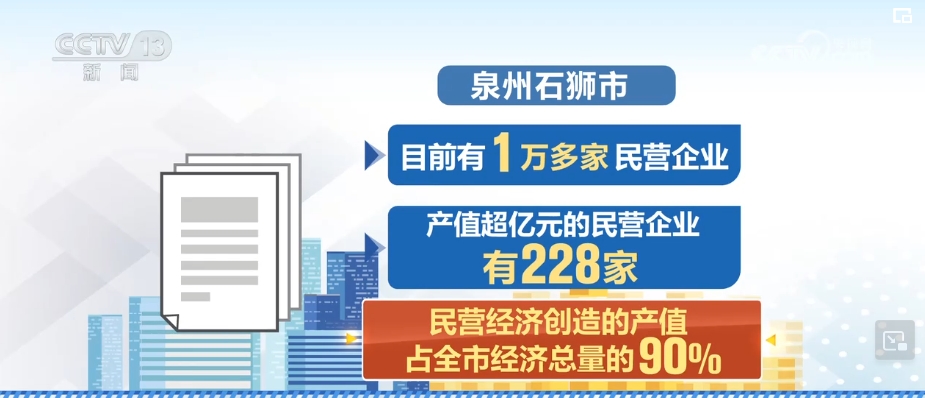
At present, there are more than 10,000 private enterprises in shishi city, Quanzhou, and there are 228 private enterprises with an output value exceeding 100 million yuan. The output value created by the private economy accounts for 90% of the city’s total economic output.
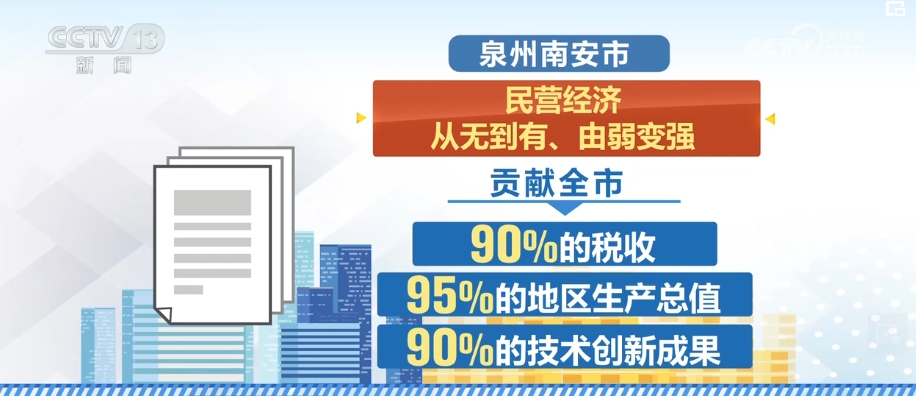
In Nan ‘an, Quanzhou, the private economy has grown from nothing to strength, contributing 90% of the city’s tax revenue, 95% of the regional GDP and 90% of the technological innovation achievements.
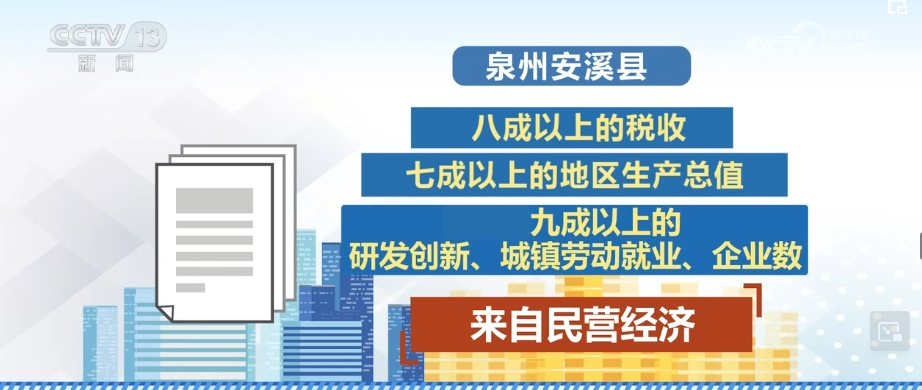
In Anxi County, Quanzhou, more than 80% of tax revenue, more than 70% of regional GDP and more than 90% of R&D innovation, urban employment and the number of enterprises all come from the private economy.
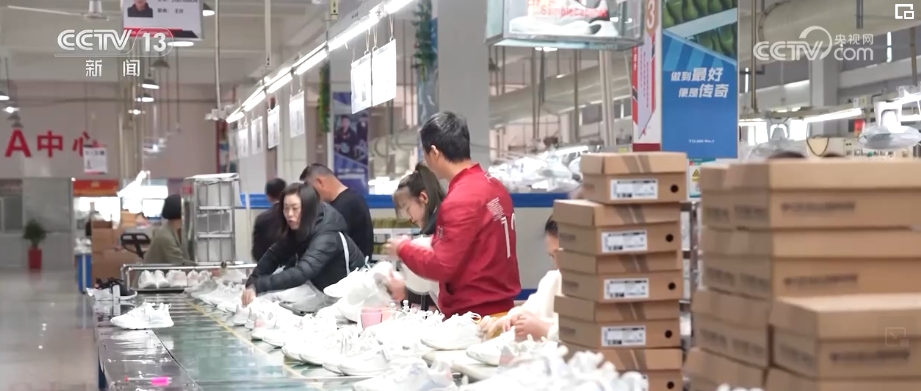

Zhang Wenyang, deputy director of the Fujian Provincial Development and Reform Commission, said that looking at the whole of Fujian, a large number of private enterprises started from industry, focusing on a pair of shoes, a piece of paper, a cup of tea, a piece of glass and a battery for a long time, which has become a model for China’s manufacturing industry to go global. The core essence of "Jinjiang Experience" is that "promising the government" and "effective market" should work in the same direction, so that private enterprises can concentrate on their industries and the private economy can achieve high-quality development.